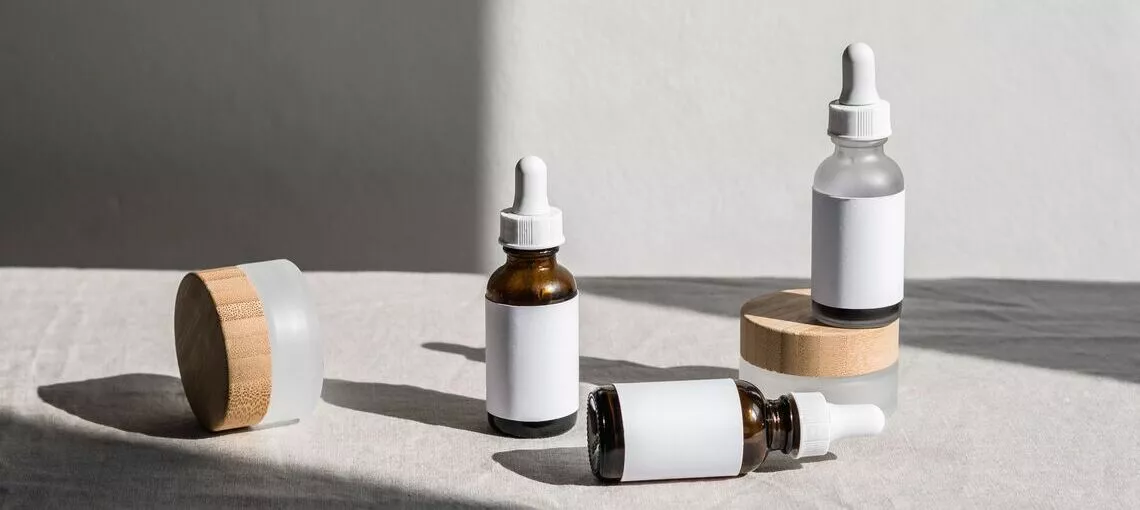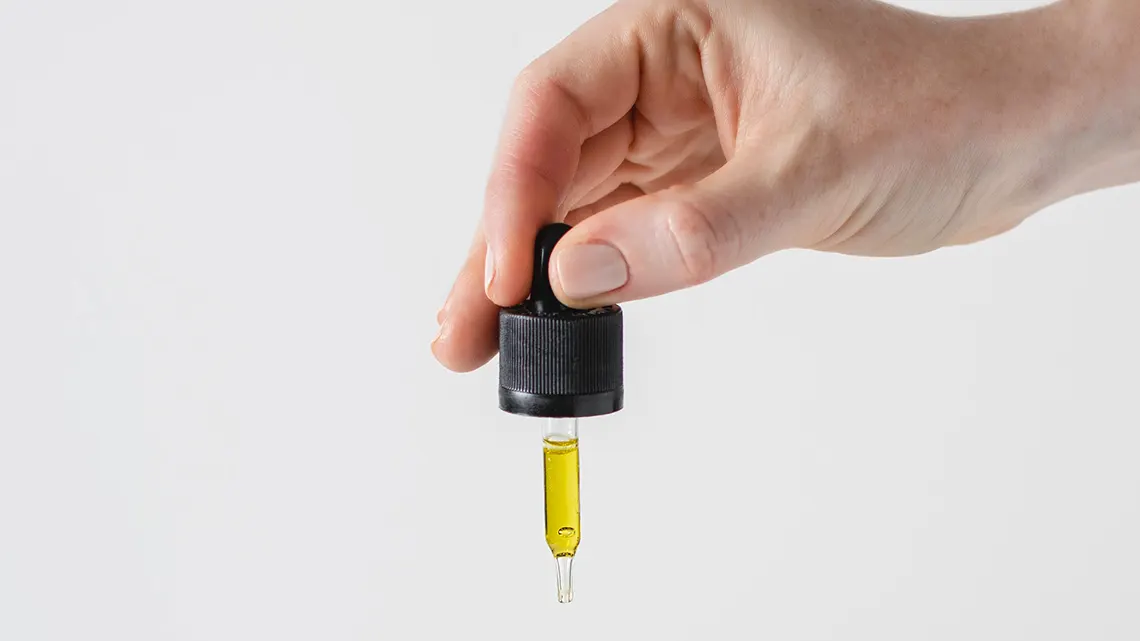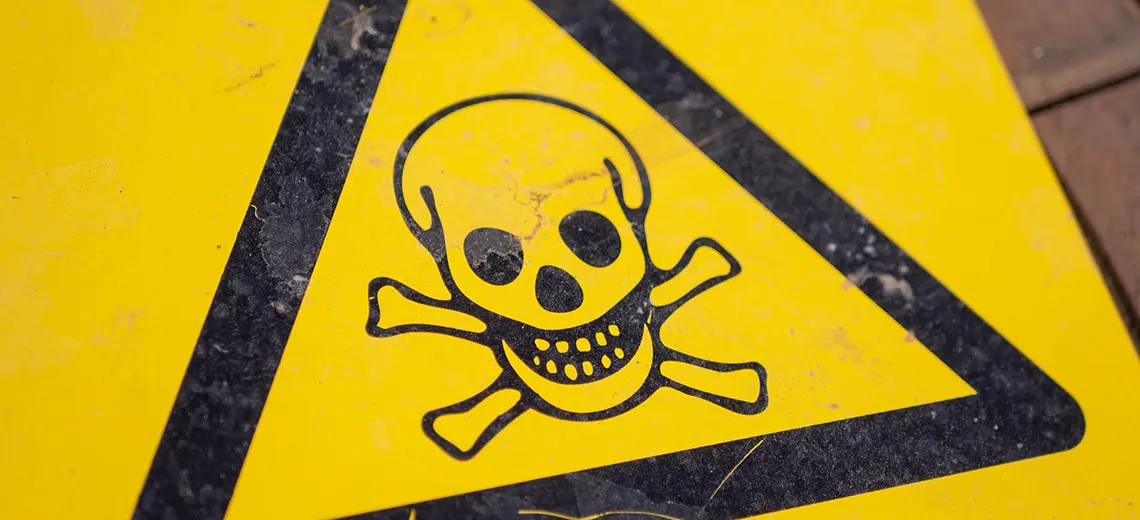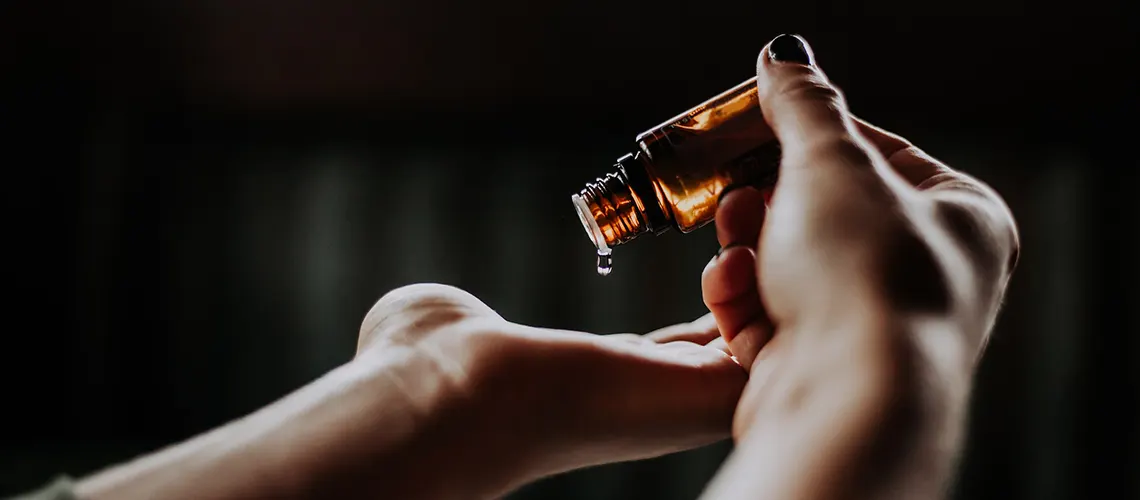
What exactly is CBD?
CBD is one of two primary active compounds found in plant-based treatments across Australia. It is a naturally occurring chemical compound used as the main ingredient in a variety of medicinal plant-based products.
It is non-psychoactive and therefore will not impair your mental or physical functions by producing a “high” sensation. CBD is extracted usually via a process involving carbon dioxide, and is then infused with carrier oils or other ingredients.
The other well-known active chemical compound in plant-based treatments is THC. This is the compound that holds the psychoactive element that produces the high.
CBD is mostly used as an alternative treatment option with the purpose of providing relief for a variety of symptoms associated with chronic conditions.
Plant-based treatment labelling will usually outline the amount of CBD in the product in milligrams (mg) or by a concentration percentage.
How many mg of CBD to take

The amount you take per day should be in accordance with your doctor’s advice and prescription. A higher dose is usually recommended for patients with more severe symptoms.
If you are uncertain about how many mg of CBD per day is right for you, it is advised to start with a smaller dosage and gradually increase it over time to find a suitable amount to take per day.
A doctor’s dosage recommendations will be influenced by a variety of different factors, namely:
- Body weight & size
- The condition being treated
- The metabolism of the individual
- The amount of CBD in the product
These different variables all play a role in how your body reacts to CBD. A qualified medical professional will offer the best guidance when it comes to dosage recommendations.
The TGA’s low dose recommendation is around 60mg per day. A medium dose is considered between 60 and 150mg per day, while amounts of more than 150mg per day are considered high doses.
In most cases, patients with harsher symptoms will likely need to take a higher dosage for it to have an effect.
Are there dangers to high doses of CBD?

CBD usage, even in high doses, has so far proven to be tolerated well by patients and poses minimal safety risks.
Certain side effects might be more noticeable when taking a high dose. The most commonly reported side effects are:
- Dizziness
- Nausea
- Fatigue
- Dry Mouth
- Changes in Appetite
Some animal studies have raised safety concerns regarding CBD’s role in liver damage. Experts also recommend caution when using CBD alongside other medications as research on its safety is still very limited.
Provided you received your product from an authorised source, you are not at risk of overdosing or experiencing heavy adverse effects. If you are wondering “does CBD affect your brain?“, make sure to speak to your doctor.
If you have purchased the product from an illegal source, there is no way of knowing what ingredients have been included, and the safety risks may be significantly higher.
How to dose CBD

The information on the packaging of the CBD product will indicate how many milligrams make up a single serving. For products such as capsules or hemp salve, this makes it easy as the exact dosage per capsule or edible is indicated.
For products such as CBD oil, the label will advise how much CBD is in a single droplet. You then need to check what your recommended dosage is, and work out how many droplets you need to take per day.
Occasionally the package might indicate the total amount, making it a bit more difficult to calculate how much to take. The dropper bottle that the oil comes in allows you to administer the product one droplet at a time.
If you are confused about how much CBD you should be taking per day, speak to a qualified medical specialist for guidance.
Getting a prescription for CBD in Australia

CBD can only be legally accessed with a prescription from a qualified doctor. In order to qualify for plant-based treatments, a medical practitioner will need to determine your eligibility.
Some of the key requirements are:
- The patient must have a chronic condition.
- Conventional medicine must have so far failed to work.
- The medical professional must be of the opinion that the plant-based treatment will benefit the patient.Doctors in Australia may prescribe medicinal plant-based treatment products with the approval of the Therapeutic Goods Administration (TGA) and the relevant State or Territory’s Health Department.
If your doctor is of the opinion that CBD will not prove beneficial, you should look into other medications or get a second opinion from a qualified professional.
Summary
How many mg of CBD to take per day must be guided by your doctor’s recommendation. A medical professional will be guided by a few different factors when deciding on dosage for a patient, such as the condition being treated, the individual, and the concentration.
Most plant-based products will highlight how many mg is in a single serving, while oils and tinctures are more likely to outline the amount per single droplet.
If you are questioning “Can you overdose on CBD?” or accidentally take above the recommended amount, you need not worry about suffering from harmful side effects or overdosing, as CBD is well-tolerated even in high doses.
For more information on plant-based treatment options and the efficacy of CBD, speak to one of our qualified specialists today.
